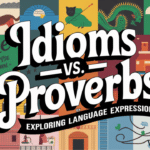Usually Confused
Welcome to our “Usually Confused” category! Here, we clarify commonly misused English words and phrases that often lead to misunderstandings. Dive into insightful explanations and examples that help you distinguish between similar terms, enhancing your vocabulary and communication skills. Perfect for learners and language enthusiasts alike, this category aims to demystify the intricacies of English for clearer expression.
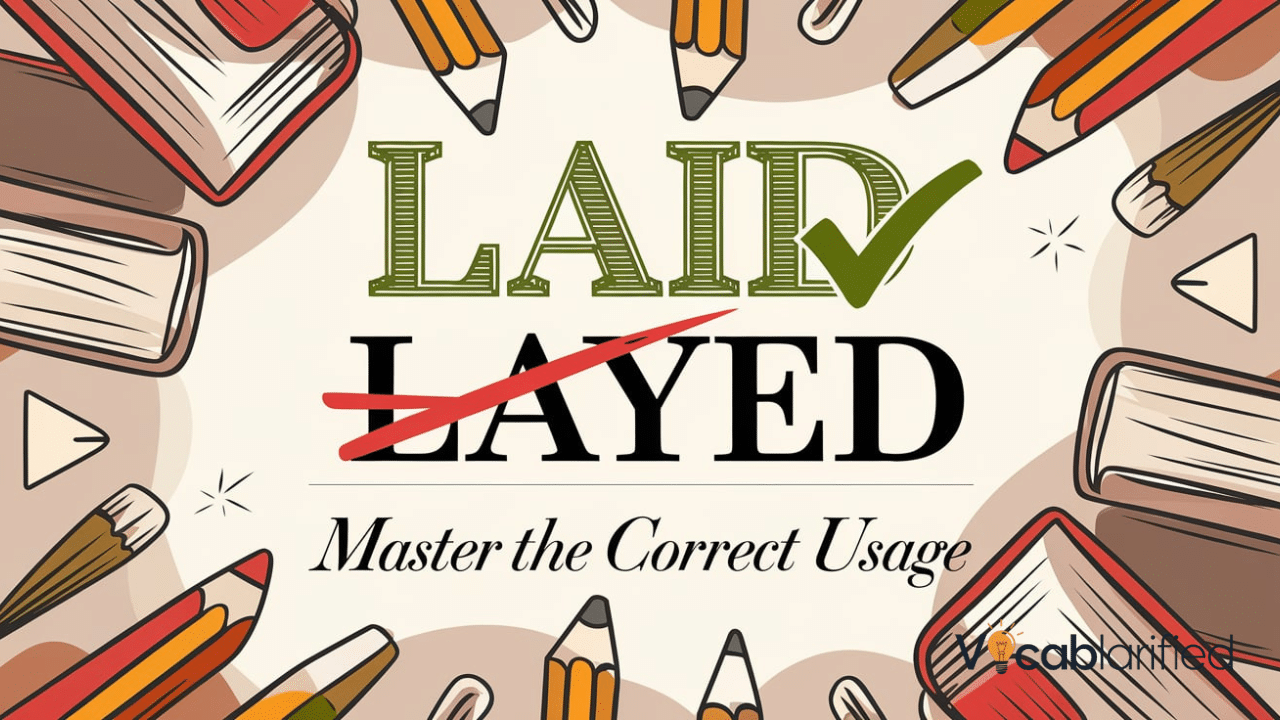
Layed Or Laid | Which Is Correct?
One of the most common misspelling occurrences in English grammar involves the words “laid” and “layed.” This confusion leads to frequent informal writing mistakes and can ...
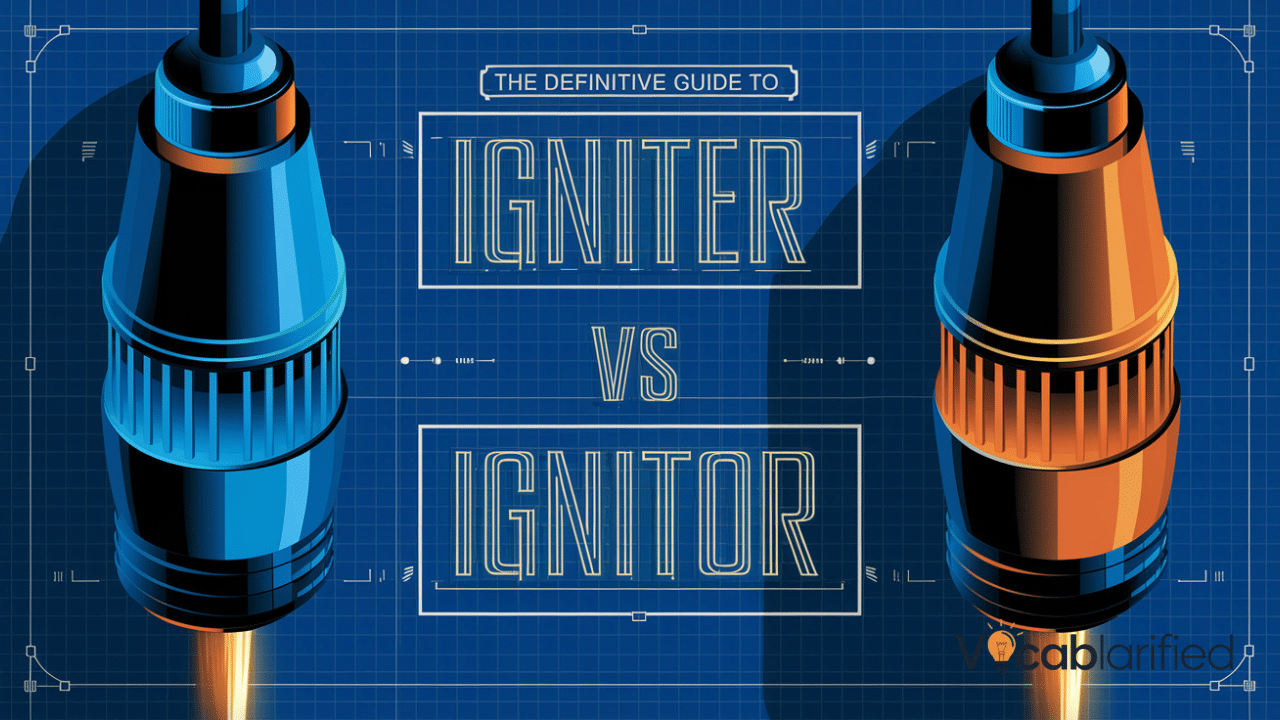
Igniter or Ignitor | Which Spelling Should You Choose?
The eternal debate between igniter and ignitor has puzzled writers, technical professionals, and everyday users alike. Both terms refer to a combustion device responsible for spark generation, ...

Artist vs Artisan | What’s the Difference?
In the realm of human expression and creation, the terms artist and artisan often spark interesting debates about their distinctions. Understanding what separates these ...
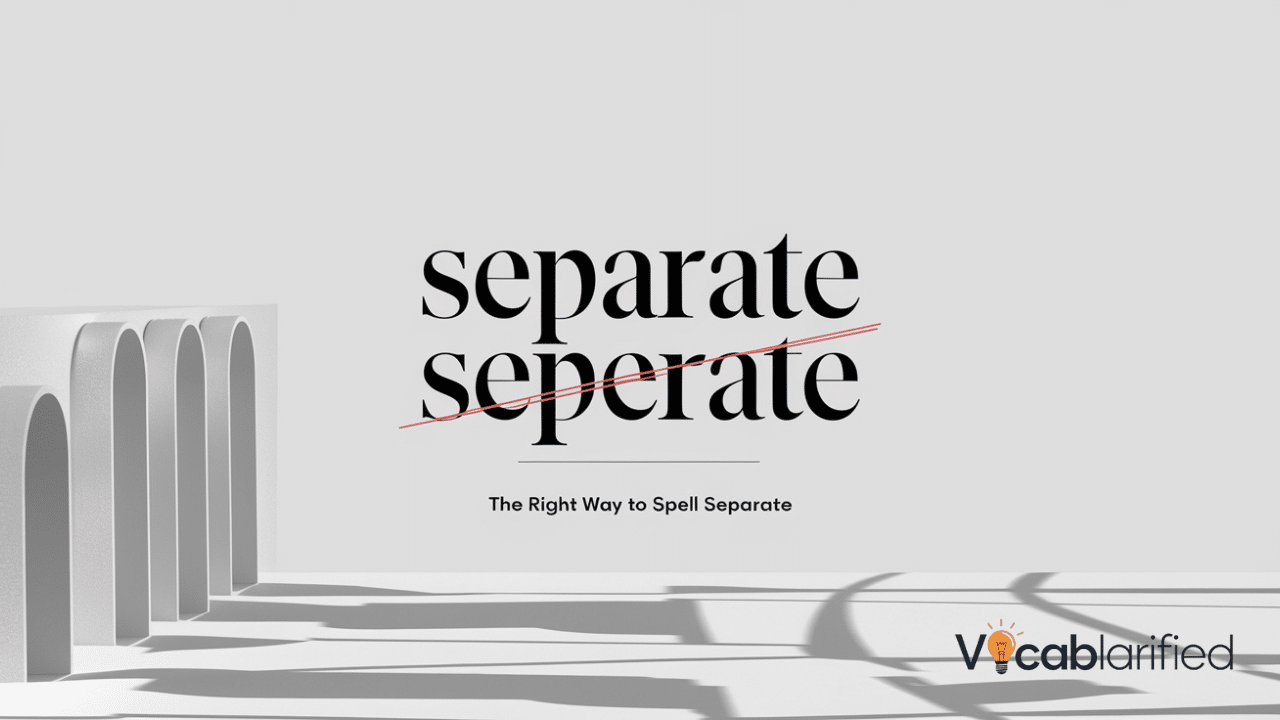
Separate Or Seperate | Which Spelling is Correct?
The spelling confusion between “separate” and “seperate” has troubled writers for generations. This common misspelling stems from the way we pronounce the ...
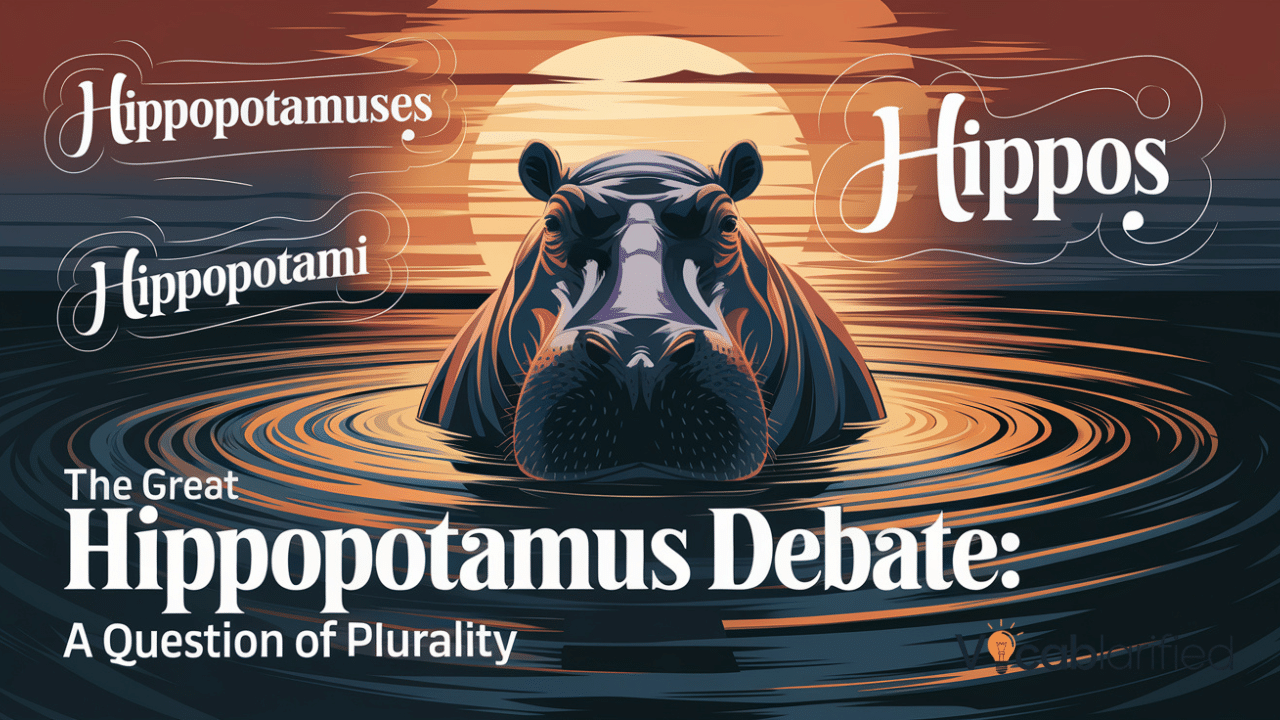
What’s the Plural of Hippopotamus? Is it Hippopotamuses?
The English language often presents interesting challenges when it comes to plural forms, and the word hippopotamus is no exception. As a fascinating African ...

Acclimate vs Acclimatize vs Acclimatise | Pick the Right Verb
The English language continues to evolve, showcasing fascinating language variation across different regions. When it comes to expressing adaptation to new conditions, ...

In Person Or In-Person | Which Should You Use And When?
The English language continually evolves, and with the rise of digital communication, grammar usage and writing style have become more crucial than ever. Understanding ...
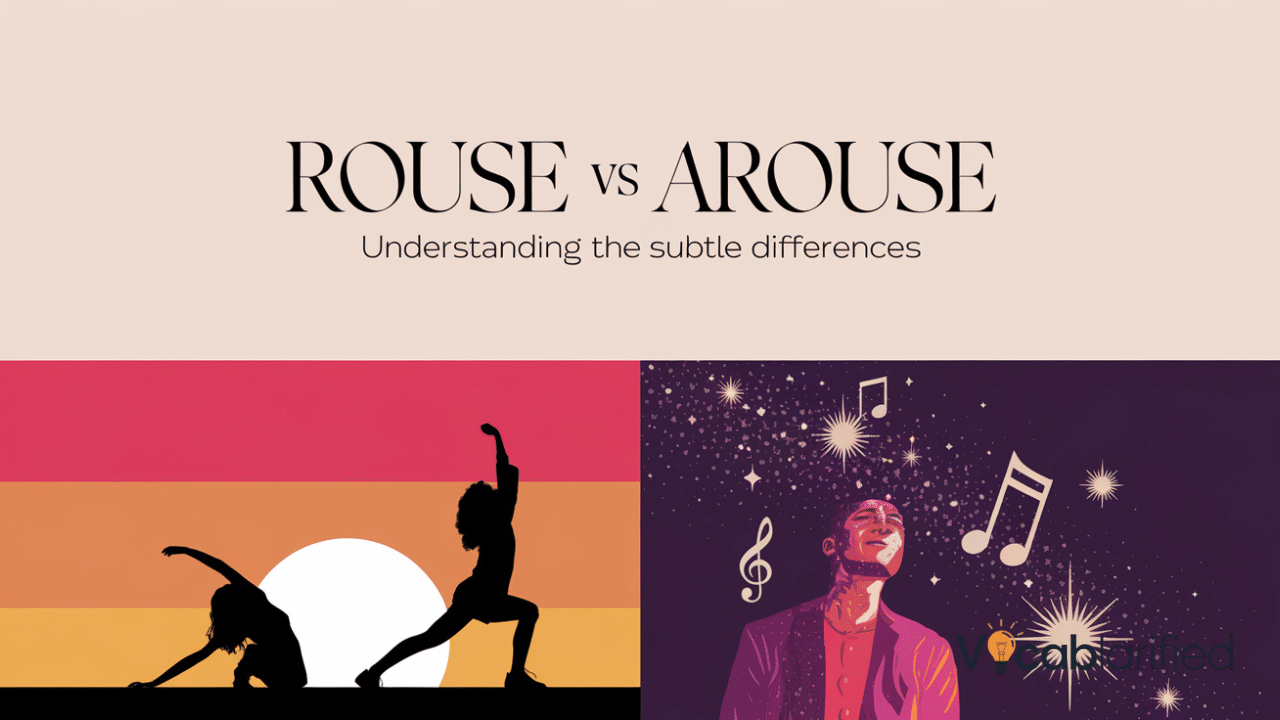
Rouse vs Arouse | What’s the Difference and How to Use Them
When diving into the complexities of word differentiation and language understanding, the verbs “rouse” and “arouse” often create confusion among English learners and ...

Cart vs Kart | Which Spelling to Use?
In the realm of spelling differences and word choice, few pairs create as much confusion as cart and kart. Through careful word usage detection and context ...

Writen Or Written | What’s The Correct Spelling?
When it comes to writing standards and language accuracy, few words cause as much confusion as the past participle of “write.” The correct ...






